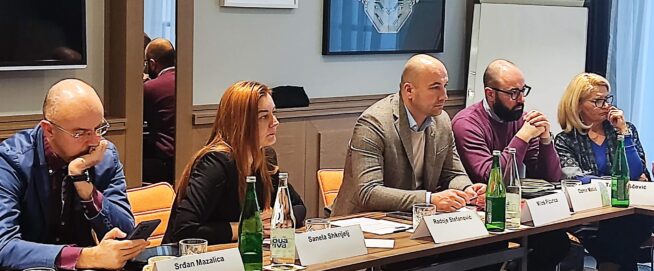
News
 Belgrade, Serbia
Belgrade, Serbia DEMOCRATIC DEVELOPMENT IN THE WESTERN BALKANS

The Western Balkans is not immune to the challenges to democracy frequently appearing in the democratic world. However, the region’s legacy of conflicts, specific political culture, and the influences from external authoritarian regimes exacerbate these tests. The EU integration process is the region’s central beacon and the driver for democratization. But the blurred EU perspective is not helping. The primary responsibility for the continuous democratic development and protection of democratic standards is on the countries themselves. If there are positive signals from the region regarding the state of democracy and the rule of law, this could improve chances for the 2030 integration of the region into the EU. In addition to these challenges, parliaments are often not the critical institutions for the political debate and to check and balance the executives. Their role is crucial for improving the state of democracy in the region.
To address these issues, the Council for Inclusive Governance (CIG), in cooperation with the Federal Foreign Office of Germany (AA), organized on December 8, 2023, in Belgrade, Serbia, a roundtable for senior officials of the main political parties from the Western Balkans. The roundtable is part of a larger initiative to strengthen the region in the face of new geopolitical challenges conducted by CIG and supported by AA. The event discussed the internal challenges in Bosnia and Herzegovina and the Serbia-Kosovo dispute and how the region could help overcome these challenges. The discussions were held under the Chatham House Rule. CIG’s Senior Associate Igor Novakovi? drafted the report available through the click below.








